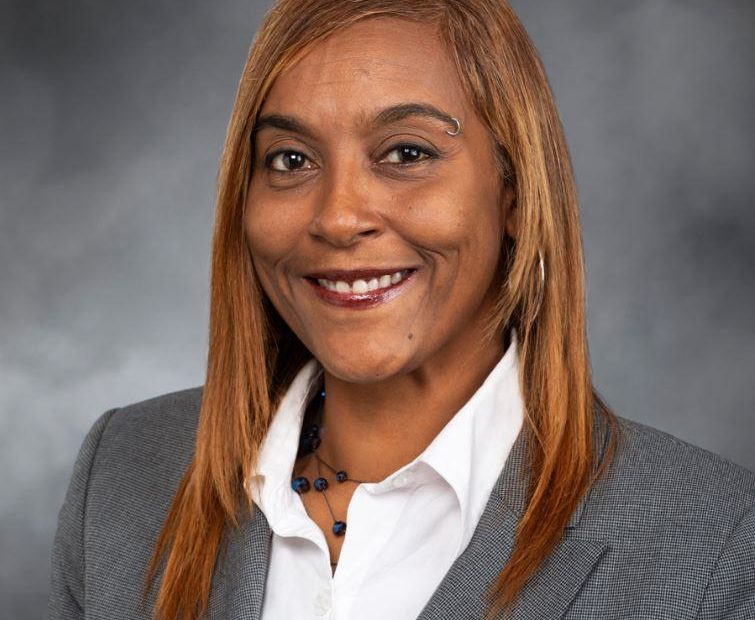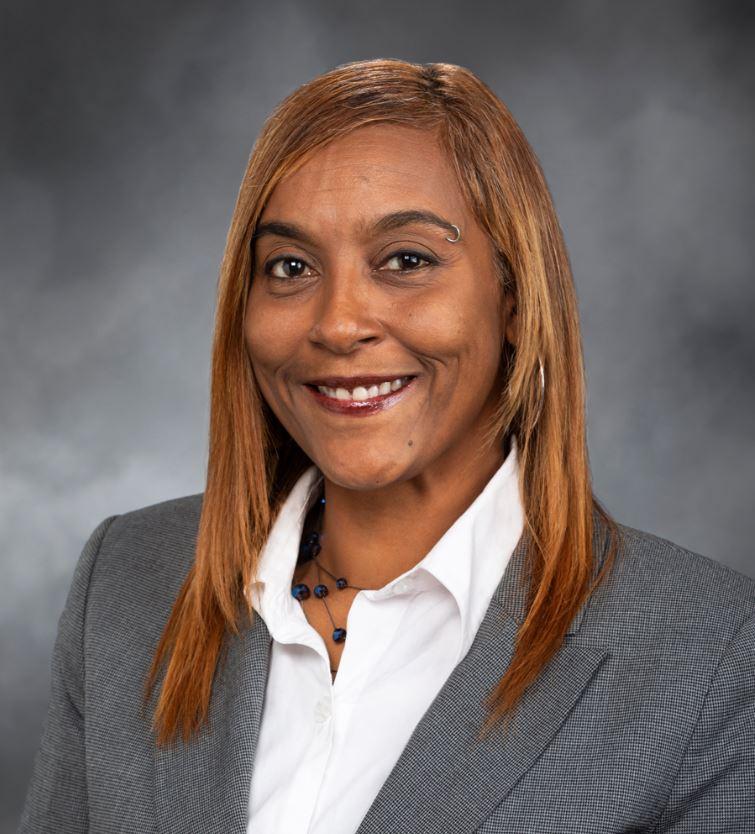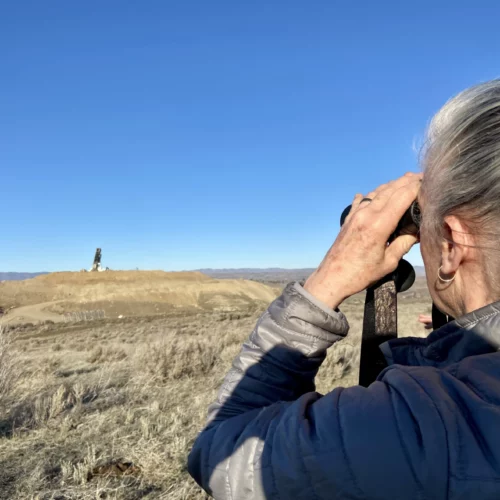
Washington Lawmaker Wants Hairstyles Protected Under State’s Anti-Discrimination Law
Listen
Citing the case of a high school wrestler in New Jersey who was forced to cut his locs before he could compete, a Washington state lawmaker is proposing legislation to protect certain hairstyles under Washington’s anti-discrimination law.
State Rep. Melanie Morgan’s “hair discrimination” bill would define race, which is a protected class, to include traits such as hair texture and “protective hairstyles” like Afros, braids, locs and twists.
“Hair is extremely important across many cultures,” said Morgan, a Tacoma Democrat who is black. “We want people who have been discriminated against to be able to go and fight this … right now they have no recourse.”
Morgan’s bill — which has 35 co-sponsors, including two Republicans — is scheduled for a public hearing in the House Civil Rights and Judiciary Committee on Tuesday.
A separate bill introduced Friday would allow Native American students to wear traditional tribal regalia and objects of cultural significance at graduation ceremonies and related events.

Rep. Melanie Morgan of Tacoma has introduced legislation to ban race-based hair discrimination. CREDIT: Washington Legislature
California, New York and New Jersey already have adopted bans on hair discrimination while legislation has been introduced in more than a dozen other states, according to The Crown Coalition, an organization fighting hair discrimination that includes the National Urban League and the soap-maker Dove. Legislation has also been introduced at the federal level.
Additionally, the U.S. Army changed its policy in 2017 to allow turbans, beards and locs for some soldiers.
Last July, Seattle Public Schools issued a new district-wide “inclusive” student dress code that specifically says students can “style their hair for school in a manner that expresses their individuality.”
At the same time, reports of race-based hair discrimination continue to make headlines across the country.
One of the most high-profile incidents took place last year, when a white wrestling match referee refused to let a black 16-year-old wrestler compete until he submitted to a mat-side haircut to remove his locs. The haircut was captured on video.
Morgan said it was that story and others like it, plus concerns raised by a constituent, that prompted her to introduce her bill.
More recently, a high school student in Texas was told he won’t be able to participate in his graduation later this year unless he cuts his locs.
And last fall, a third-grade student in Michigan wasn’t allowed to take a school photo because her braided red-and-gold bun violated her charter school’s dress code.
Also last year, a former television news anchor, in a Medium post titled “Why I disappeared from WJTV in Jackson, Mississippi,” wrote that she was told by her boss that her “natural hair is unprofessional and the equivalent to him throwing on a baseball cap to go to the grocery store.”
Current Washington law protects people from discrimination in areas like employment and public accommodation based on protected classes such as race, gender, religion and sexual orientation.
Washington’s Human Rights Commission is responsible for administering and enforcing the law.
Under Morgan’s proposal, race would be defined in the existing law to include “traits historically associated or perceived to be associated with race,” including hairstyles.
In an interview, Morgan said hair-based discrimination can trigger generational trauma dating to when slaves, standing on an auction block, were physically poked, prodded and examined before being sold.
“Those are traumatic events that are still in our DNA,” Morgan said. “Now you’re looking me up and down, guess what I feel like? I’m on the block.”
Morgan added that for generations black people in America have tried to assimilate with white people by doing things like straightening their hair.
“I can’t show up as a black woman, I need to show up as a black woman who acts white, talks white, looks white,” Morgan said. She added that assimilation today is a “no go.”
Morgan emphasized that her bill is not aimed at hair salons and barbers who may not have familiarity working with all textures of hair.
“If I go inside of a hair salon and I ask, ‘Do you do black hair’ and you say, ‘No,’ [I say] thank you for saying ‘no’ because I don’t want you messing up my hair,” she said.
Instead, Morgan said she’s thinking of the front desk receptionist or the retail clerk who shows up for work with an Afro and is told their hair style is not professional.
“I should never have to ask another grown person how I’m going to choose to wear my hair today,” Morgan said.
Related Stories:

Washington state bill could strengthen regulations, increase fines for ‘troublesome’ landfills
While hiking, Nancy Lust, with Friends of Rocky Top, watches a truck dump waste into a landfill in Yakima County. Lust lives near the landfill and has fought to learn

This bill could give Washington tribes, communities more say in wind, solar development
A new bill making its way through the Washington Legislature would require county and tribal approval for new wind and solar projects that go through the state’s Energy Facility Site

Washington state bill could change how rural communities could work to close a library
Young adult books at the Columbia County Library. Some people have requested to move the YA section into the adult section because of what they call “obscene” material in 100















